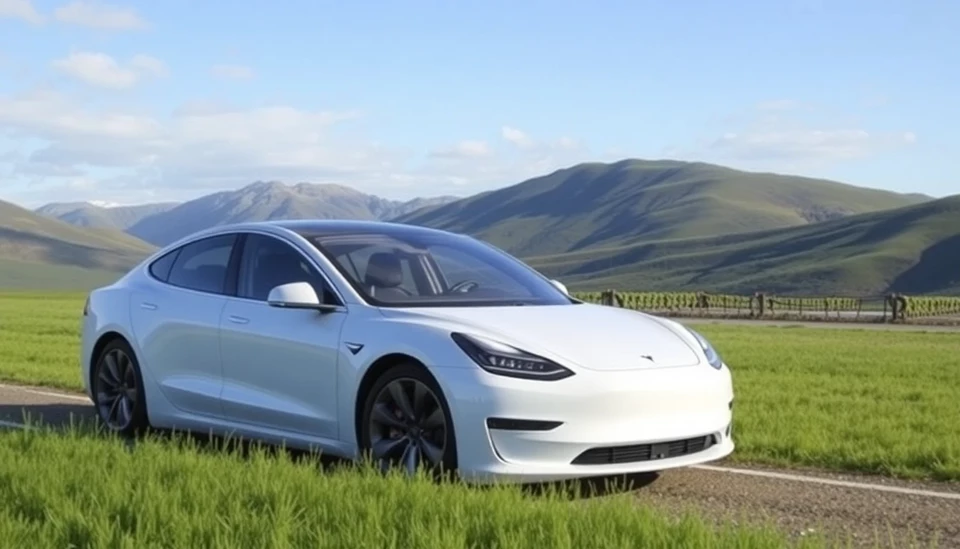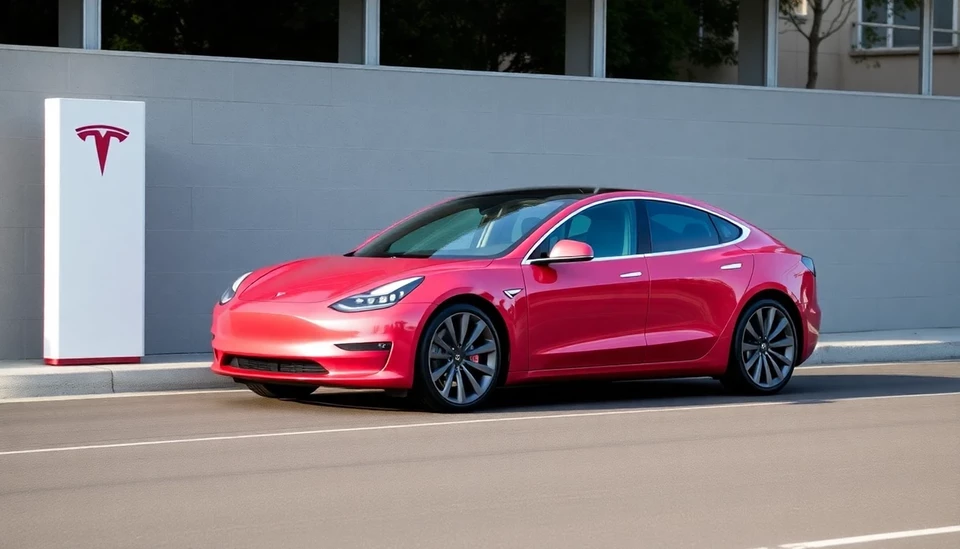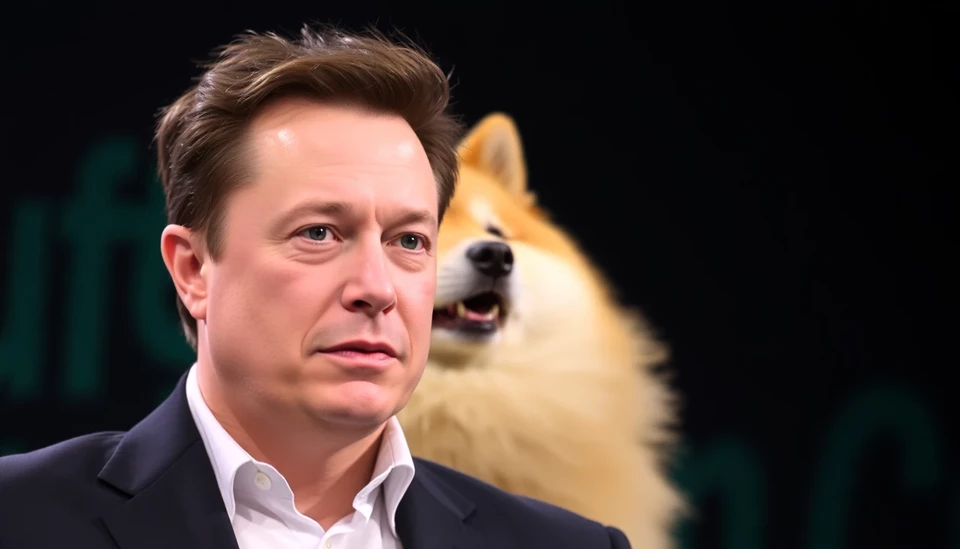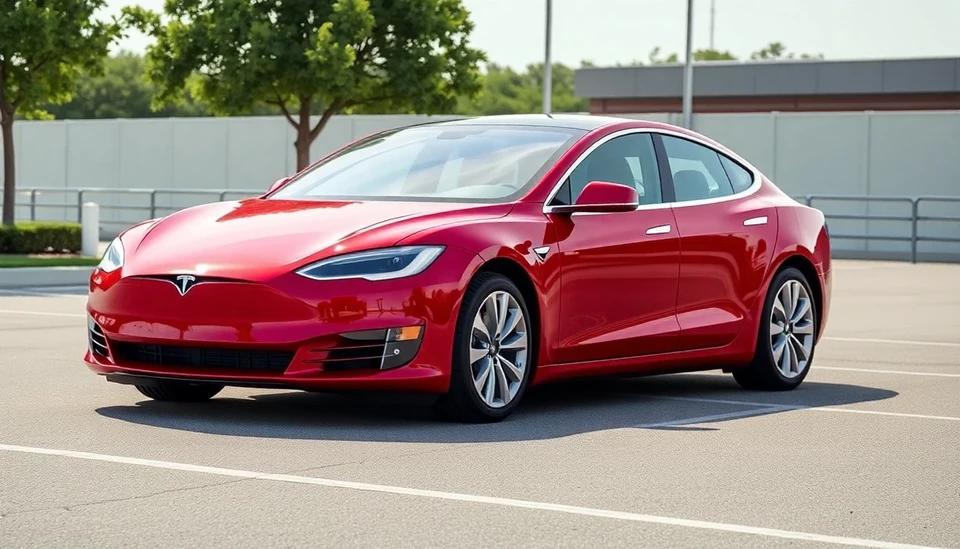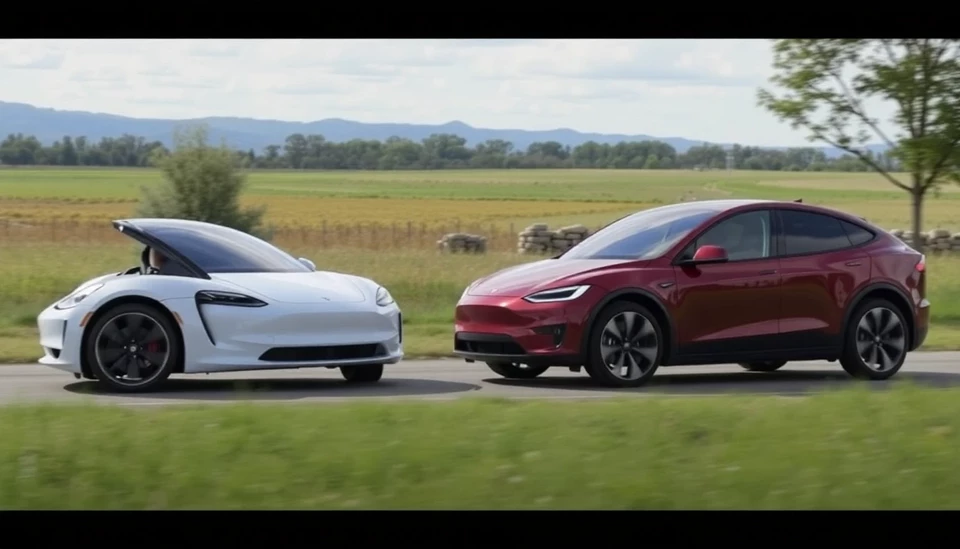
In a notable development within the electric vehicle industry, Tesla has announced that it is settling a contentious lawsuit against Rivian, a rival EV manufacturer. This lawsuit centered around allegations of technology theft, which escalated tensions between the two companies. The settlement signals a potential resolution to the ongoing friction in an increasingly competitive market for electric vehicles, where innovation and technology sharing are crucial.
The legal battle commenced when Tesla accused Rivian of poaching its employees and unlawfully acquiring proprietary information and trade secrets. The allegations claimed that Rivian’s rapid ascent in the electric vehicle sector was facilitated by stolen technology from Tesla, particularly in areas related to vehicle design and engineering. Rivian denied these accusations, asserting that its technology was developed independently.
Details surrounding the terms of the settlement have not been disclosed, leading to speculation about the implications for both companies moving forward. Industry analysts suggest that the resolution may allow both Tesla and Rivian to focus more on their respective strategies and innovations without the distraction of legal proceedings. Such a shift could foster a more collaborative environment in the electric vehicle industry, especially as both companies are competing to innovate in a marketplace that increasingly favors sustainability and cutting-edge technology.
The settlement is also significant in the context of the broader landscape of electric vehicle development, where collaboration and partnerships are essential for overcoming technological and logistical challenges. As electric vehicles advance in popularity, companies like Tesla and Rivian must navigate a complex web of competition and cooperation to thrive. The outcome of this lawsuit could set a precedent for how similar disputes are handled in the future, underscoring the importance of protecting intellectual property while fostering an environment conducive to technological advancement.
In light of the settlement, stakeholders and supporters of both Tesla and Rivian will be looking ahead to see how this resolution impacts their respective trajectories. As the electric vehicle race heats up, attention will turn to how both companies leverage their strengths and innovations to capture consumer interest and maintain competitive standings in an evolving automotive market.
Industry watchers will be keen to observe the strategic pivoting that may take place in the coming months, as both firms could potentially redirect resources previously devoted to litigation toward research and development initiatives. With the electric vehicle market poised for exponential growth, each company's ability to innovate and adapt will be critical to their success.
As the electric vehicle sector continues to mature, the outcome of this lawsuit and its resolution reflects the increasingly complex interplay of competition and collaboration in the quest for sustainable transportation solutions. Both Tesla and Rivian now have the opportunity to refocus their efforts on their respective missions and push the boundaries of what is possible in the electric vehicle landscape.
In conclusion, the recent settlement between Tesla and Rivian not only marks a pivotal moment for both companies but also sheds light on the dynamics of the electric vehicle industry as a whole. By addressing and resolving disputes such as these, companies can work towards a more harmonized future in which electric vehicles can thrive and become the norm in transportation.
#Tesla #Rivian #ElectricVehicles #TechSettlement #Innovation #Sustainability #AutonomousDriving #EVIndustry #LegalDispute
Author: Victoria Adams
